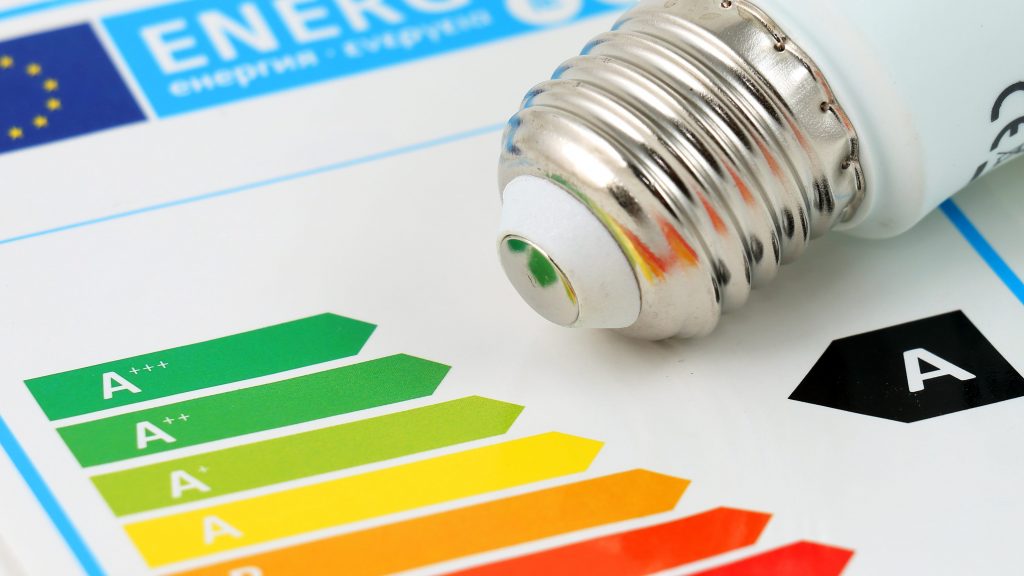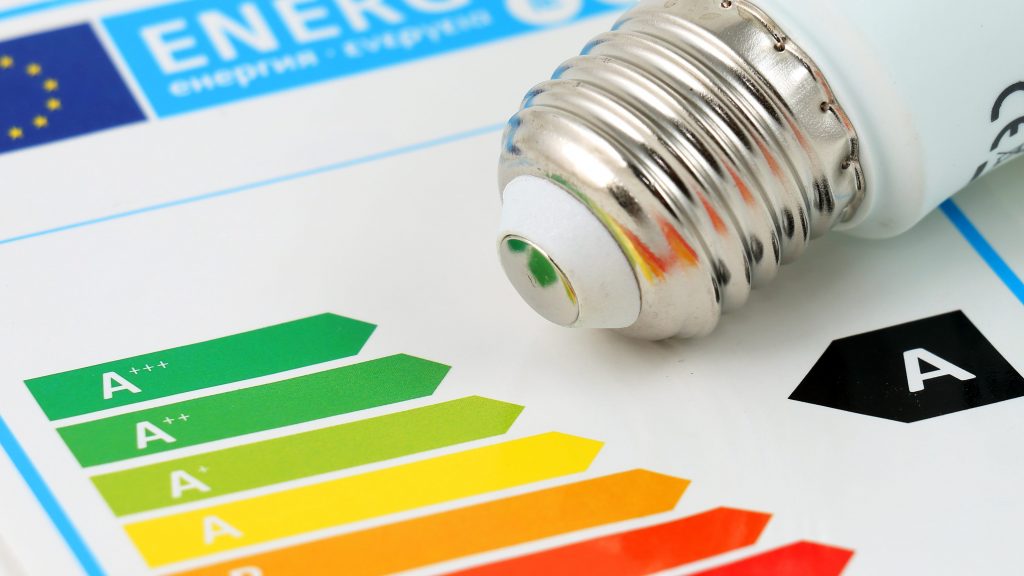EU aims to agree new energy efficiency law in 2023
Legislators aim to sign off on a new law to boost energy efficiency next year, despite slow progress in talks between the European Parliament and the 27 EU countries.
The European Commission proposed a revision of the energy efficiency directive in 2021 to boost energy savings targets, including reducing primary and final energy consumption by 2030.
The energy crisis has only increased the need to save energy and, in May 2022, the European Commission updated the proposed target for overall energy savings under the law.
“The Energy Efficiency Directive is an important tool to reach both our climate and energy security goals, even more so in the current situation,” said Nicola Danti, an Italian centrist MEP who is the leading negotiator for the European Parliament.
“Improving the performance of public bodies’ buildings, production processes, district heating and cooling as well as data centres is pivotal if we want to ensure that economic growth goes along with the Green Deal,” he added.
Slow progress
However, progress has been sluggish, with the Czech EU Council presidency criticised for moving too slowly and showing little flexibility to compromise, according to a source familiar with the talks.
The Czech EU presidency “seemed eager” to water down the general approach found by their French predecessors in June this year, particularly the all-important energy savings obligation, they added.
Alongside this, the Czech Presidency has had a huge amount of climate legislation to get through, making it likely some files would slip to next year.
“I’m getting more and more impatient, to be honest,” said Pernille Weiss, a Danish centre-right MEP involved in the talks. “Energy efficiency is simply too important to be a victim of a slow progress on both sides of the table. The knobs are really not so complicated to explain the lack of speed,” she told EURACTIV.
“I expect the Swedish presidency to treat this as a priority file and get the job done with the European Parliament. Citizen’s wallets, the need for independence from Russian energy and the climate deserve better and faster work from us,” she added.
EU countries reach tentative deal on landmark energy savings law
The EU’s 27 energy ministers will aim to formalise a tentative deal on the bloc’s energy efficiency directive at their meeting on Monday (27 June), opening the door to the first-ever legally binding target to increase energy savings in Europe.
Progress so far
Negotiators are more than halfway there, according to a parliamentary source who spoke to EURACTIV. They have found agreement on a “substantial amount of articles,” but it is now boiling down to the main political issues, they added.
The latest trialogue, on 14 December had a very narrow agenda, but negotiators managed to agree on heating and cooling plans that will need to be drawn up by local authorities.
“Member states shall ensure that regional and local authorities prepare local heating and cooling plans at least in municipalities having a total population higher than 45,000,” according to the agreed text.
The aim is to align these plans with the EU’s goal to reach climate neutrality, a parliamentary source explained.
Negotiators have also decided on thresholds making it obligatory to apply the energy “efficiency first” principle. According to the agreed text, it would apply to any energy project costing over €100 million and for transport projects as of €175 million.
Alongside this, negotiators have reached agreement on other areas, including basic contractual rights for heating, cooling and domestic hot water as well as information and awareness raising.
Lots of work still to do
But the most sensitive topics, including the overall energy savings target, are still to be dealt with.
In May, the European Commission proposed raising the EU’s energy efficiency target to 13% by 2030, up from the 9% figure it originally put on the table in July 2021.
The EU executive said the move had become necessary in order to accelerate the exit from Russian fossil fuels following Moscow’s decision to launch a brutal war in Ukraine.
The European Parliament, meanwhile, wants a much more ambitious target of 14.5%.
EU Parliament groups unite behind 14.5% energy savings goal for 2030
The four largest political groups in the European Parliament have united behind proposals to raise the EU’s energy efficiency target for 2030, saying this will help ease energy prices for consumers and eliminate imports of Russian fossil fuels.
In their position, the Council of the European Union, which represents the 27 EU member states, stuck with the Commission’s 9% figure, setting the Council and Parliament on a collision course.
Another target still to be decided is the annual energy savings obligation for EU countries, which would make sure the consumption of oil, gas and electricity is actually reduced.
The European Parliament wants a 2% target, more than the 1.5% proposed by the Commission. Meanwhile, EU countries want a staged approach with much lower ambition.
Talks will resume next year under the Swedish EU Presidency, which will take over the baton from Czechia for the next six months and negotiate with Parliament on behalf of the 27 EU countries.
To get a deal that the European Parliament can sign off on, the Council needs to increase its ambition on energy efficiency targets, aid Niels Fugslang, the lead parliamentary negotiator on the file.
“We are ready to go into the core discussions with the upcoming Swedish presidency,” he told EURACTIV.
Resource: https://www.euractiv.com/section/energy/news/eu-aims-to-agree-new-energy-efficiency-law-in-2023/

